– Know Our Story –
PHC’s History
Project Homeless Connect, founded in 2006 and granted 501c3 status in 2019, has evolved into a comprehensive organization addressing homelessness in Washington County.
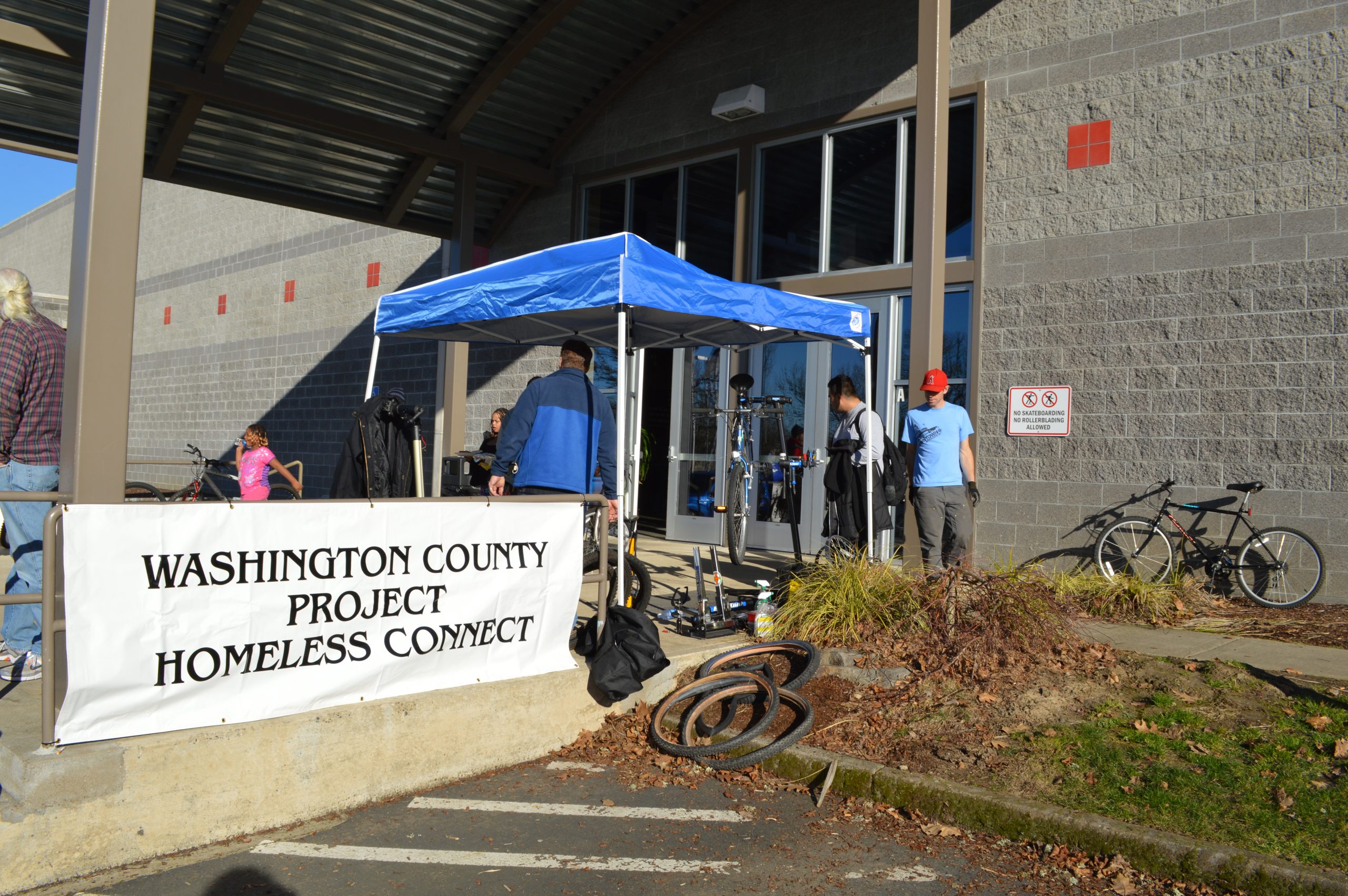
2006
2006-2018
Collaborating
During the past 17 years of collaboration, Project Homeless Connect of Washington County has grown its partnerships to include Pacific University, Virginia Garcia, Providence Health & Services, Banfield Veterinary, Haircuts for Humanity, LifeWorks NW, New Narrative, Bridges to Change, Recovery Works NW, Cascade AIDS Project, HIV Alliance, Journey Chiropractic, Sports Clips, CareOregon, Easterseals, Worksource, Medical Teams International, and more.
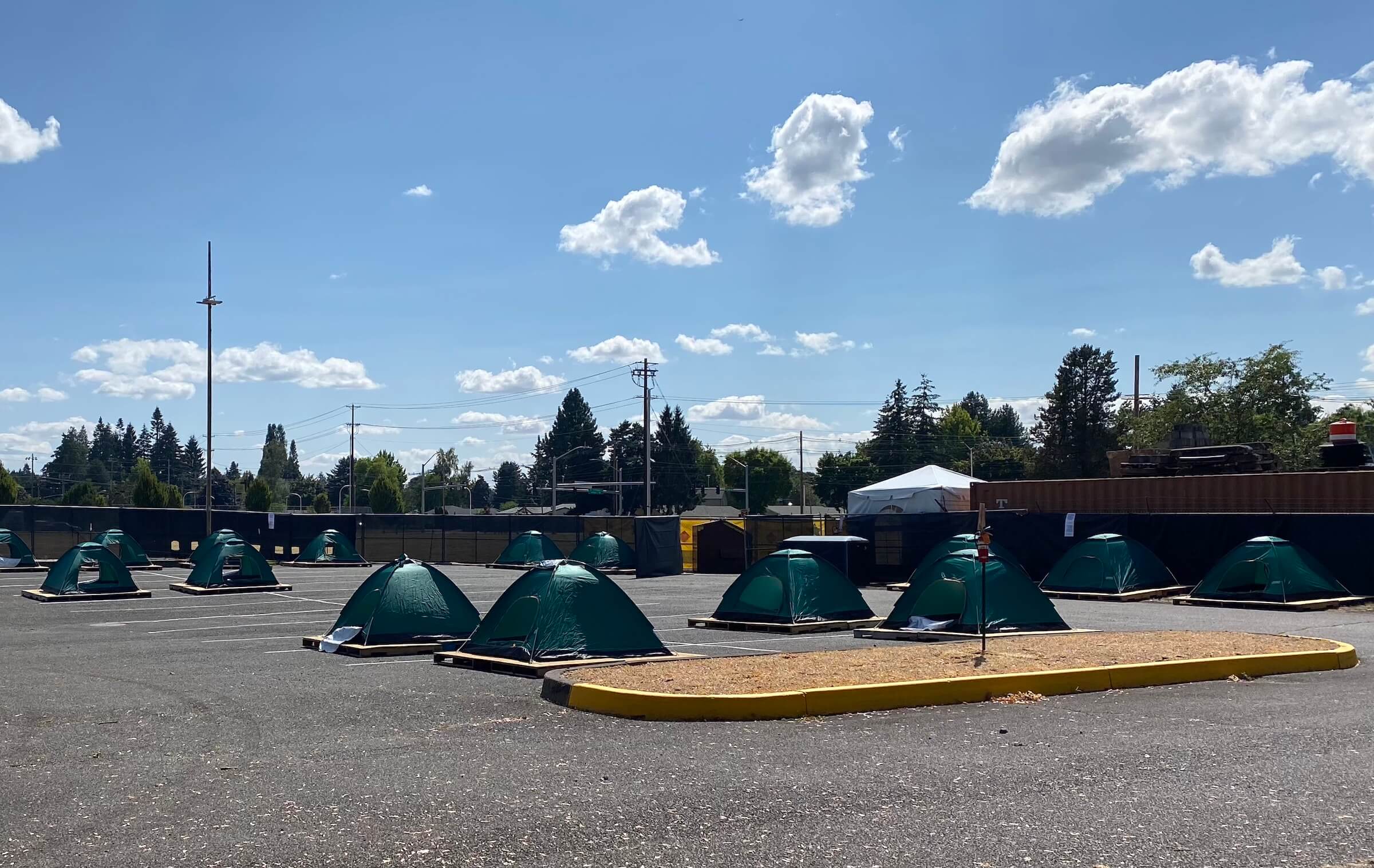
2018-2021
2019-2021
Access Center
PHC took a groundbreaking step forward with the establishment of its Access Center, initially named the Day Center, marking a significant milestone in addressing the needs of houseless individuals during daytime hours. This center serves as a safe haven, offering a range of essential services to those without stable housing. Individuals visiting the center not only receive wholesome meals and access to showers but also have the opportunity to obtain clothing, hygiene items, and connect with a diverse array of community resources. These resources encompass vital support services such as employment assistance, healthcare, SNAP applications, and more, providing a comprehensive approach to addressing the multifaceted challenges faced by the houseless population.
Outreach
In conjunction with the establishment of the Access Center, PHC took another proactive step by deploying its first team of street outreach workers. Tasked with engaging with individuals without shelter in various locations, including abandoned buildings, cars, benches, and tents, this dedicated team focused on establishing connections and addressing immediate needs. Their efforts extended beyond providing immediate resources, emphasizing the importance of building rapport to lay the foundation for future plans and steps toward stability.
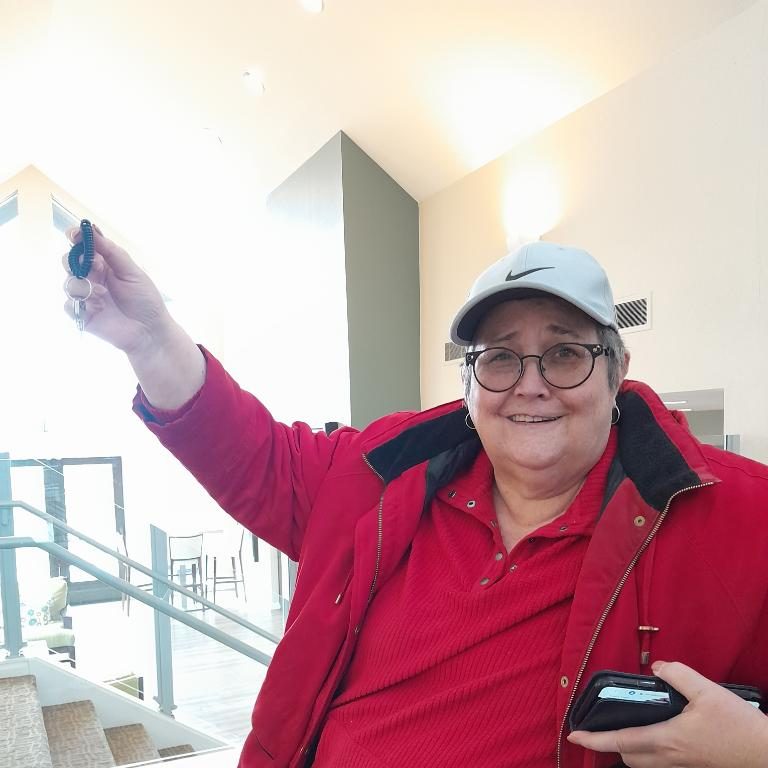
2021-2023
2023-Today
peer mentors
After hosting multiple community forums for our program participants to speak out on what additional resources would be helpful to them, peer support was a consistent theme in their feedback. We put together a team of peer support specialists and certified recovery mentors to offer consistent support and understanding, as well as to bridge connections with agencies specializing in mental health and addiction recovery services. This program has been monumental in improving wellness and increasing housing retention rates.
2006
The Beginning
In 2006, Kim Marshall saw the need for a Project Homeless Connect model in her place of residence: Washington County. With great dedication and passion, she worked diligently to make this happen.
Getting Started
After receiving support and backing from Good Neighbor Center and Vision Action Network, Kim successfully established Washington County’s first Project Homeless Connect.
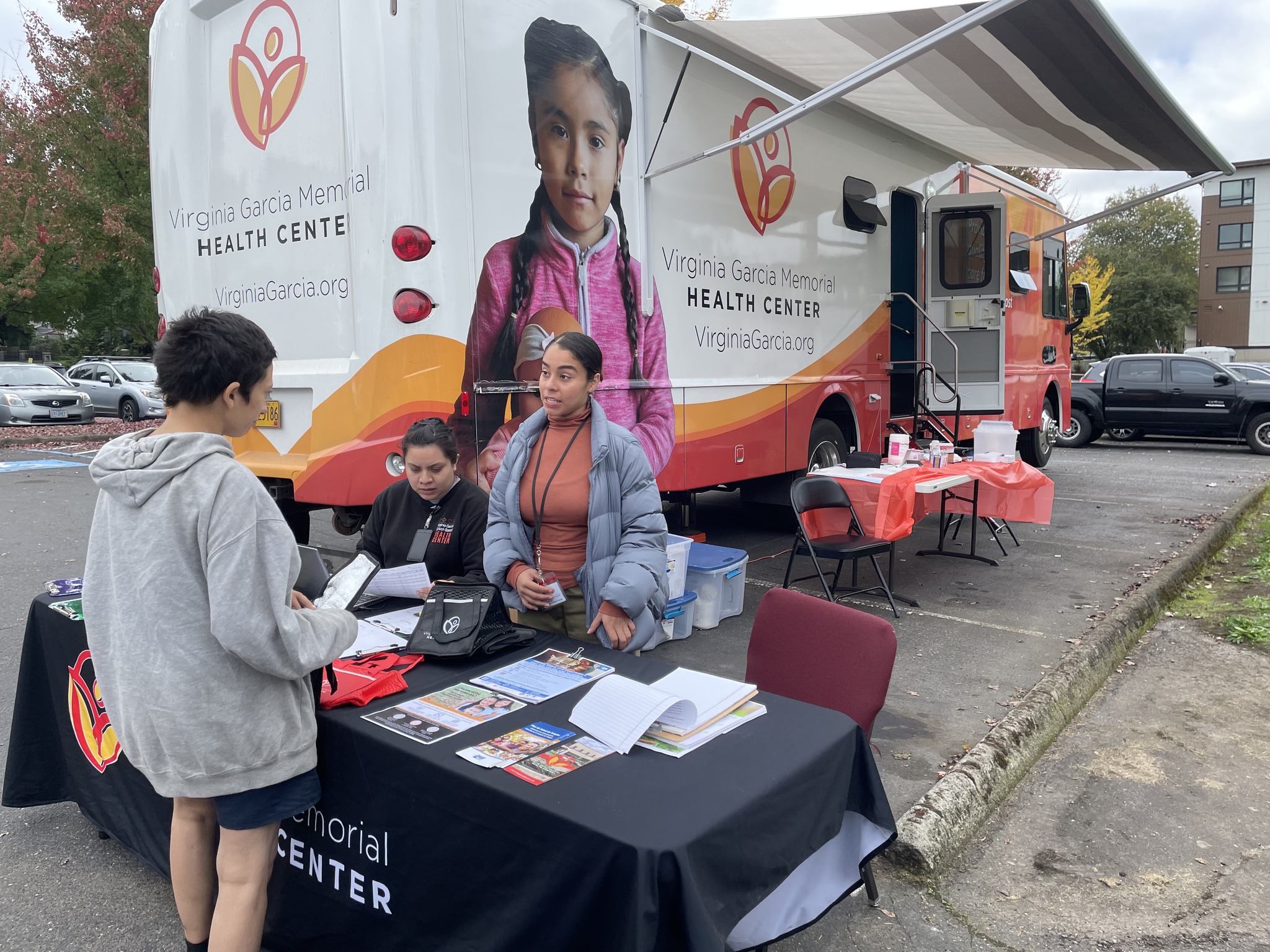
2006-2018
2018-2021
Shelter & the Pandemic
In 2018, Project Homeless Connect was asked to run the Shelter at Orenco Station—a 90-day severe weather shelter located at Sonrise church. Upon the closure of this shelter during the pandemic, we collaborated with the City of Hillsboro and Tualatin Hills Parks and Recreation District to oversee two congregate shelter locations: the Elsie Sturh Center and the Salvation Army Building. We maintained ongoing communication with the county to address evolving needs among the sheltered population and mitigated the spread of the virus through proper adherence to protocols. Together, we tackled challenges and refined processes, all aimed at enhancing services as circumstances dictated. Our partnership with the county continued to grow, establishing the Safe Sleep Village—a secure area featuring 50 tents. We then seamlessly entered the winter shelter season, operating a diverse range of shelters situated at the Elsie Sturh Center, Civic Center, Forest Grove Inn, and Best Western in Forest Grove.
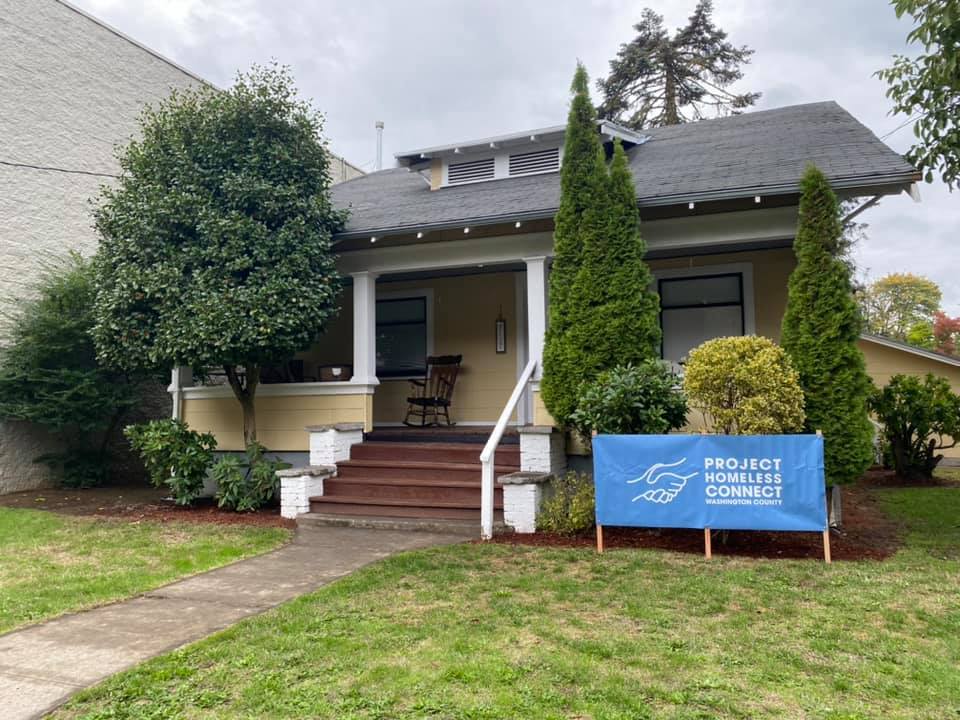
2019-2021
2021-2024
New Shelter Model
In the summer of 2021, we partnered with the City of Hillsboro to set up a secure camping site on Wood St. Later that year, our operational scope expanded to encompass non-congregate shelters at the Comfort Inn by the fairgrounds, Motel 6 in Tigard, and Rodeway Inn in Beaverton–the Beaverton Budget Inn soon after was included in these locations. Sheltering transitioned to year-round in 2023, leading PHC to operate shelters in Hillsboro, Beaverton, and Tigard continuously, both in congregate and non-congregate settings.
Housing Assistance
With the new supportive housing services (SHS) funds from the metro bond, PHC was able to provide housing resources with case management for the first time. Depending on an individual’s specific circumstances and conditions, they are eligible for short-, medium-, or long-term assistance. We utilize the housing first approach, aiming to establish housing stability for individuals as a catalyst for success in other aspects of their lives.


